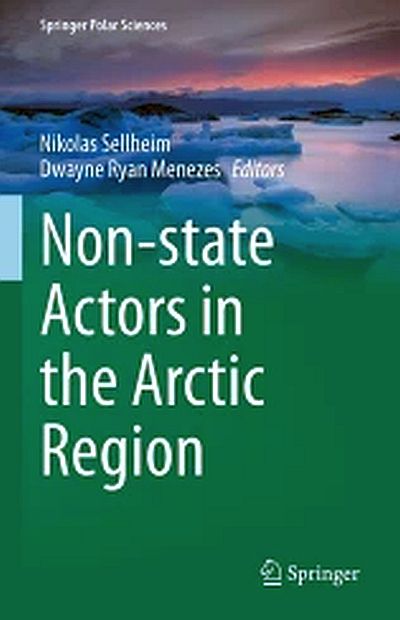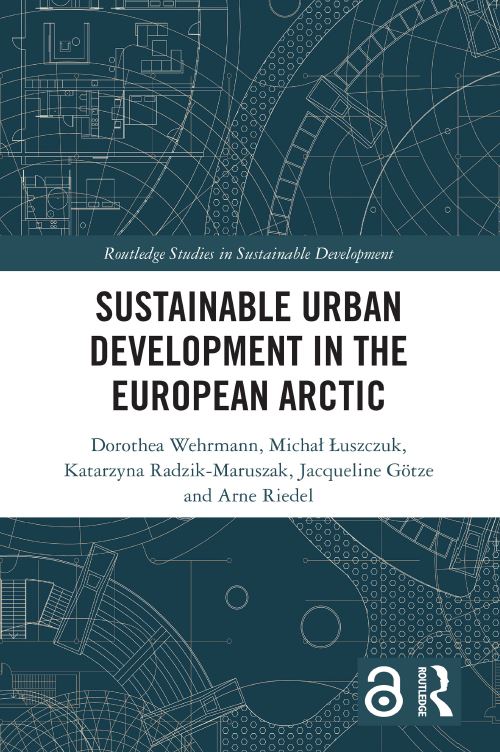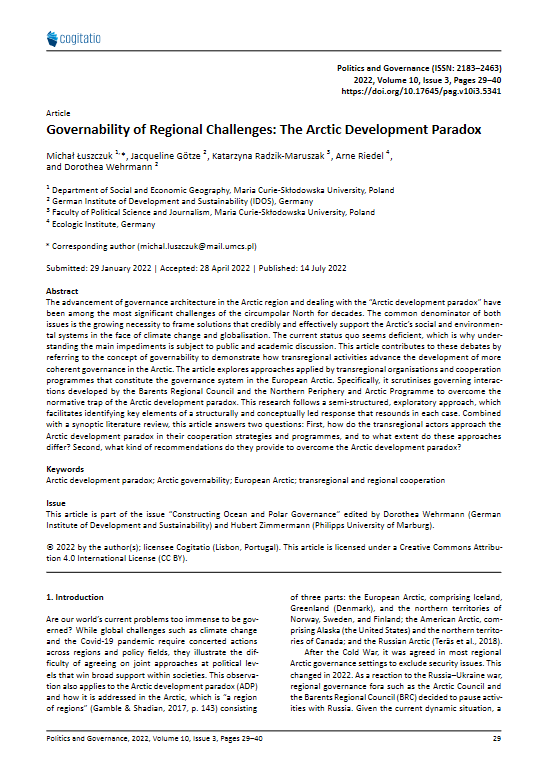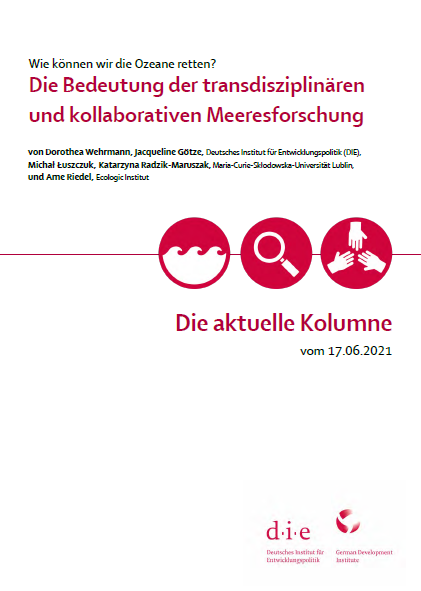
© Springer Nature, 2022
Transnational Cities Alliances and Their Role in Policy-Making in Sustainable Urban Development in the European Arctic
- Publication
- Citation
Wehrmann, D., Łuszczuk, M., Radzik-Maruszak, K., Riedel, A., Götze, J. (2022). Transnational Cities Alliances and Their Role in Policy-Making in Sustainable Urban Development in the European Arctic. In: Sellheim, N., Menezes, D.R. (eds) Non-state Actors in the Arctic Region. Springer Polar Sciences. Springer, Cham. https://doi.org/10.1007/978-3-031-12459-4_6
A research team including Arne Riedel from Ecologic Institute examines the political agency of transnational city alliances – particularly the Arctic Mayors' Forum (AMF) – and their contribution to sustainable urban development in the European Arctic.
Municipalities as non-state actors in Arctic governance
Despite being subnational entities, municipalities increasingly act beyond the state framework through transnational cooperation. The chapter highlights how municipal alliances can be understood as non-state actors in international relations, particularly when they operate independently of national mandates, pursue their own agendas, and engage in diplomacy and advocacy on transboundary issues.
The Arctic Mayors' Forum as a platform for political engagement
At the heart of the analysis lies the Arctic Mayors’ Forum, a network of locally elected officials from across the circumpolar North. The AMF facilitates political dialogue, knowledge exchange, and joint advocacy among Arctic municipalities – amplifying their voice in regional, national, and international policymaking processes. The Forum illustrates how local governments mobilize collectively to influence sustainable development agendas in the Arctic.
Legal autonomy and institutional pathways for municipal diplomacy
Drawing on the Nordic model of municipal self-governance, the authors examine the legal and institutional conditions under which municipalities can act transnationally. The chapter shows how these structural frameworks empower cities to initiate cross-border cooperation, shape discourse on Arctic development, and engage in soft diplomacy – despite lacking formal representation in state-driven governance structures.
Local knowledge and context-sensitive urban sustainability
A core contribution of transnational municipal alliances like the AMF lies in their ability to surface and consolidate place-based knowledge. The chapter emphasizes that sustainable development in Arctic urban areas cannot rely solely on top-down frameworks – it requires the incorporation of local expertise, lived experiences, and peer-to-peer learning among municipalities facing similar climatic, infrastructural, and demographic challenges.
Academic insights with practical relevance for Arctic policy
Published in the Springer volume Non-state Actors in the Arctic Region, this interdisciplinary chapter sheds light on a growing form of non-state agency. It calls for greater recognition of municipal actors in Arctic governance and highlights how transnational city networks contribute to more inclusive and resilient pathways for urban sustainability in one of the world's most climate-vulnerable regions.






